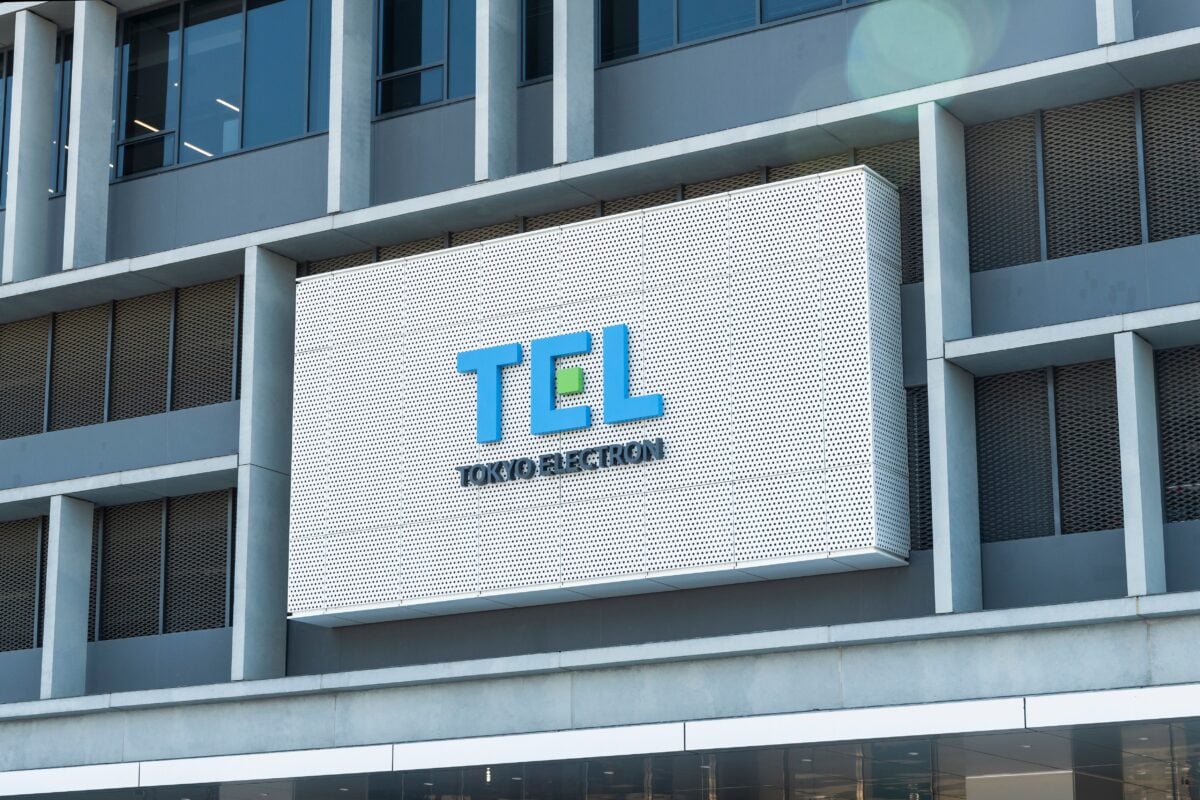TLDRs;
- Tokyo Electron cuts annual profit forecast by 22% due to weak logic chip and China demand
- Shares plunge 18%, marking company’s biggest single-day drop in nearly a year
- AI demand boosts rivals like Applied Materials, widening performance gap in chip equipment sector
- Tokyo Electron looks to 2026 GPU investments after missing Q2 expectations
Tokyo Electron, one of the world’s top semiconductor equipment makers, has revised its full-year earnings forecast sharply downward, citing weakening demand from logic chipmakers and reduced capital expenditure in China.
The company now expects operating income of ¥570 billion (US$3.7 billion) for the fiscal year ending March 2026, down from a previous projection of ¥727 billion (US$4.9 billion).
Following the announcement, Tokyo Electron’s shares tumbled 18%, the steepest decline in almost a year, highlighting investor unease with the company’s exposure to China and traditional logic chip clients. The news came as the company also reported a 12.7% decline in June-quarter operating income to ¥144.7 billion (US$981.6 million), falling short of analyst expectations.
Logic Chip Slowdown Hits Hard
Tokyo Electron blamed the gloomy outlook on multiple fronts, including canceled investments from advanced logic chip producers and a slower-than-expected rebound in demand for PCs and smartphones.
The company remains heavily reliant on logic chip equipment sales, which have been disproportionately impacted by global economic uncertainties and weak consumer electronics sales.
This is not the first time the company has suffered due to its China exposure. In February 2025, its stock dropped more than 4% amid fears of tighter U.S. restrictions on China’s chip sector, an especially concerning development given that nearly 44% of Tokyo Electron’s revenue stems from Chinese customers.
Rivals Surge Ahead on AI Boom
The contrast between Tokyo Electron and its competitors is becoming more apparent as the chip industry undergoes structural changes. While Tokyo Electron grapples with falling demand from traditional chipmakers, rivals like Applied Materials are thriving.
Applied recently posted second-quarter 2025 revenues of $7.1 billion, a 7% year-over-year increase, largely fueled by the booming demand for AI infrastructure.
Applied Materials’ CEO Gary Dickerson described AI computing as the “dominant driver of semiconductor innovation” and projected that AI-related revenue could exceed 35% of the company’s total by 2027. This stark divergence reflects how market positioning and customer segments are increasingly determining winners and losers in the chip supply chain.
Looking to 2026 and Beyond
Despite the current turbulence, Tokyo Electron is banking on the long-term. The company noted that demand for tools used in advanced chip manufacturing, particularly GPUs, remains strong.
Industry observers expect a significant uptick in GPU-related investments by 2026, driven by the expansion of AI data centers and high-performance computing.
However, in the short term, Tokyo Electron must navigate a tough landscape. As the global chip industry splits into segments led by AI growth and others bogged down by sluggish recovery, the company’s future hinges on how quickly it can shift its portfolio to align with emerging tech demand.


